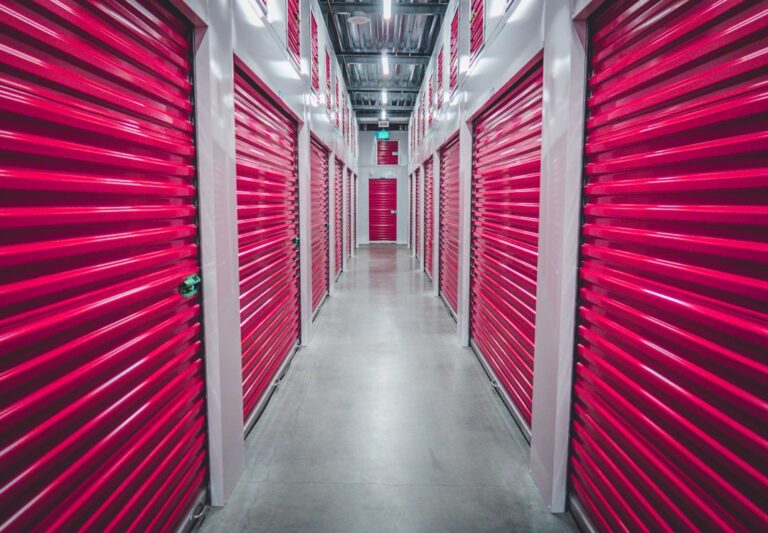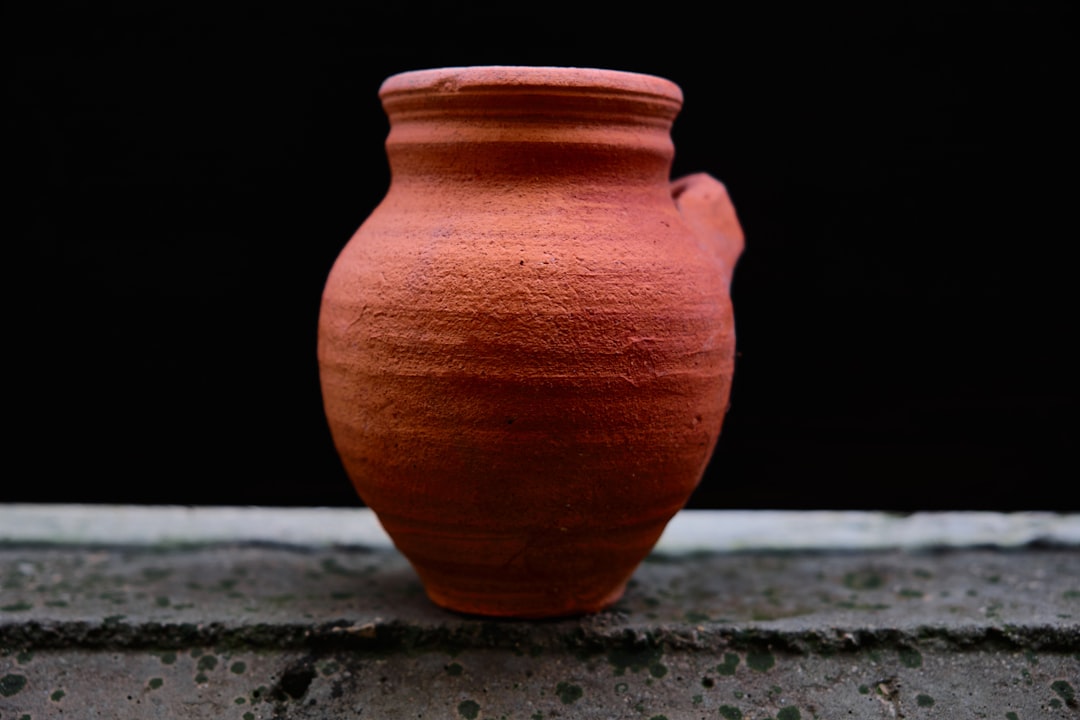Storing fresh fruits and vegetables correctly is an essential part of enjoying them at their peak flavor. The key to keeping produce delicious and nutritious is to keep it cool. Here are some handy tips for cooling fruits and vegetables, so you can enjoy the freshest flavors all summer.
Benefits of Cooling Fruits and Vegetables
Keeping your produce cool helps to slow down the ripening process and preserves its natural vitamins, minerals, antioxidants, and phytonutrients, which are essential components of good health. Properly cooled produce will also have better flavor, color, texture, and aroma than those that aren’t cooled properly.
Tips for Refrigerating Produce
One of the best ways to keep fruits and vegetables cool is to store them in the refrigerator. When refrigerating produce, make sure that you’re using the right temperature for each type of produce. Fruits tend to do best when stored at temperatures between 33-39F, while vegetables should be stored at slightly warmer temperatures of 40-50F.
It’s also important to wrap or cover your produce in order to prevent it from drying out or losing its flavor. Use a breathable material like parchment paper or cheesecloth so that air can still circulate around the fruits and vegetables. This will help keep them fresh longer.
Cooling Vegetables Without Refrigeration
Some vegetables don’t need to be refrigerated and can instead be stored in a cool, dry place. Store these vegetables in plastic bags or containers and keep them away from direct sunlight. Make sure to also check on your vegetables regularly, as some varieties may need to be used quickly before they spoil.
Keeping Produce Fresh for Longer
When it comes to keeping produce fresh for longer periods of time, there are a few tricks you can use. One is to store fruits and vegetables separately so that the ripening process doesn’t cause them to cross-contaminate each other. You should also clean any dirt off of produce before storing it, as this will help prevent bacteria growth. Additionally, store fruits and vegetables at their optimal temperature and humidity levels in order to keep them in the best condition possible.
Avoiding Food Waste
Food waste is an unfortunate reality, but it can be prevented with a few simple steps. First and foremost, buy only what you need so that food doesn’t have to be thrown away or wasted. You should also plan ahead and try to use your produce before it spoils. For example, if you know you won’t have time to cook the next day, put aside some of the vegetables for later use. Lastly, consider freezing fruits and vegetables when they are at their freshest in order to extend their shelf-life.
By following these simple tips, you can keep your produce looking and tasting its freshest all summer long. With a few tweaks to the way you store fruits and vegetables, you’ll be able to enjoy them at their peak flavor and nutrition.













